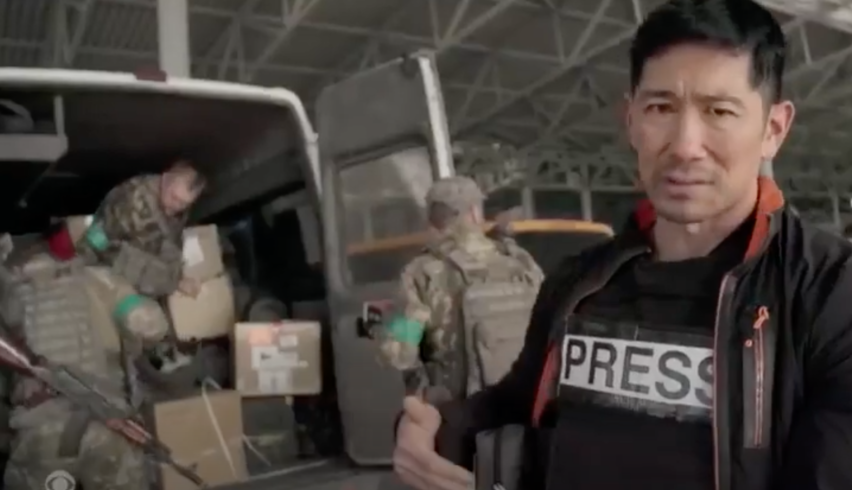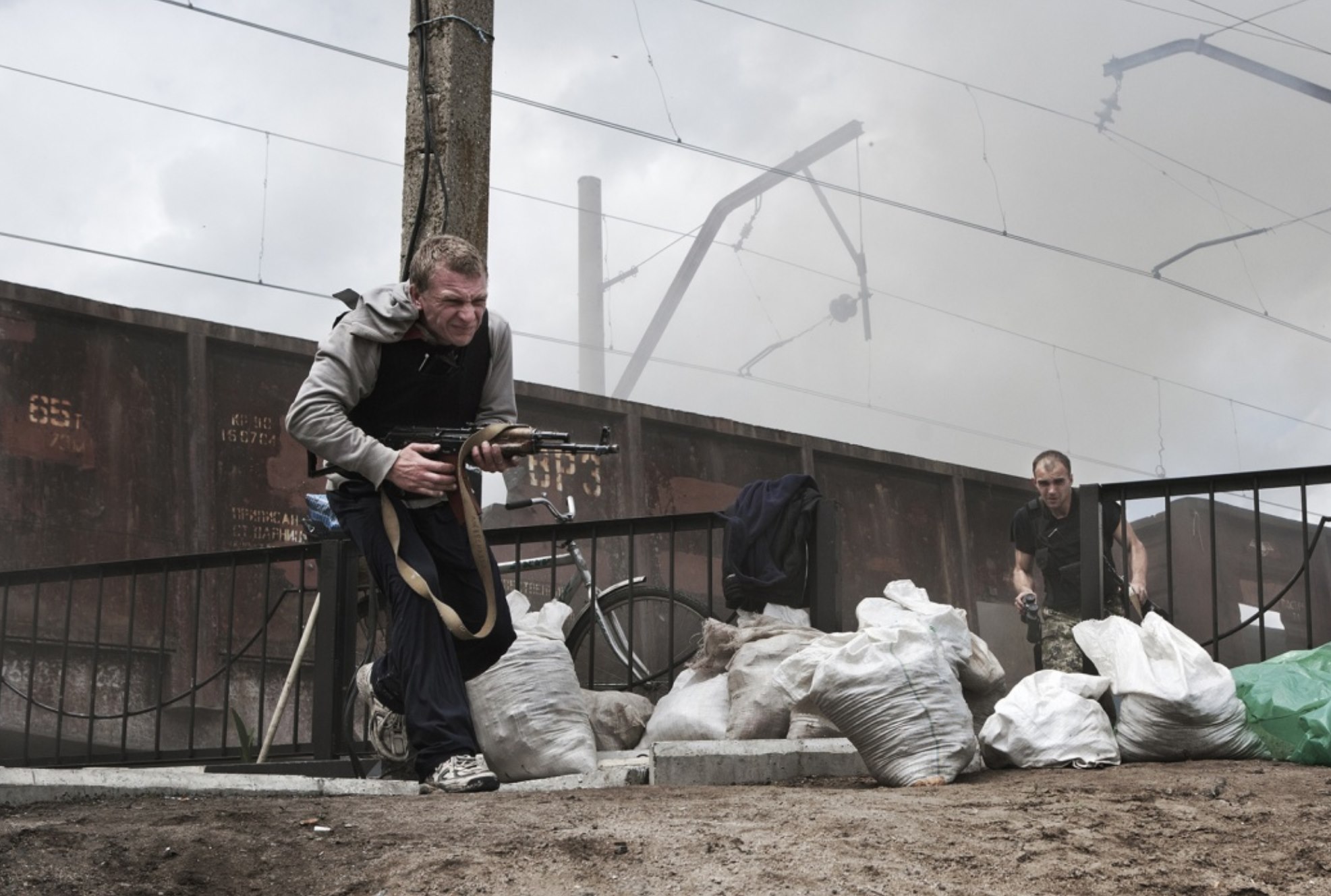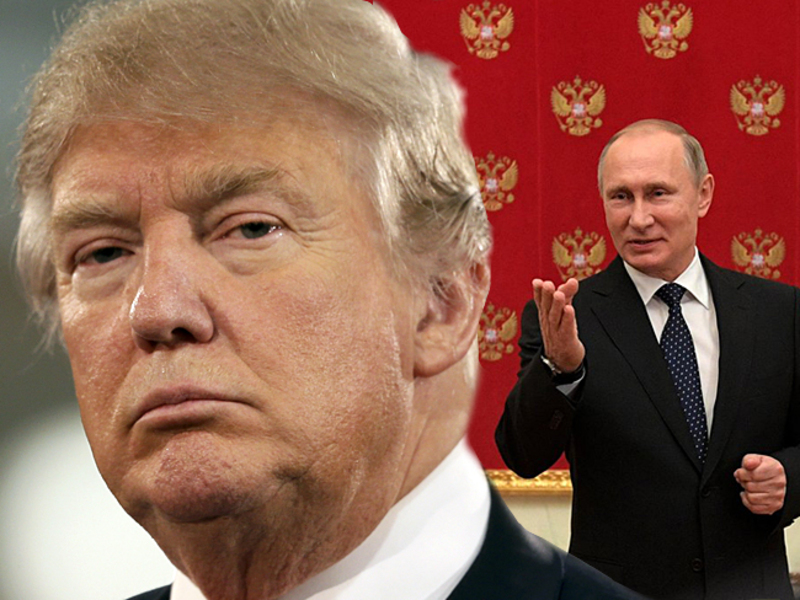In August 2022, CBS released its documentary on military aid to Ukraine, filmed in April.
The film claims that a major portion of Western military help goes missing in Ukraine but provides no proof other than short remarks from one volunteer, Jonas Ohman, founder and CEO of Blue-Yellow, a Lithuanian organization that provides voluntary non-lethal aid to Ukraine.
We reached out to Jonas Ohman to ask for his full opinion on arms supplies to Ukraine beyond CBS cuts. Other film manipulations are also addressed here in this article.
Note: On 7 August, CBS backtracked and edited the original publication to reflect changes in the situation and improvements in the aid monitoring that occurred since April. At the same time, "it is not enough" Ukraine's Minister of Foreign Affairs Dmytro Kuleba said, claiming CBS "misled a huge audience by sharing unsubstantiated claims."
Welcome first step, but it is not enough. You have misled a huge audience by sharing unsubstantiated claims and damaging trust in supplies of vital military aid to a nation resisting aggression and genocide. There should be an internal investigation into who enabled this and why. https://t.co/kkA0boaLXX
— Dmytro Kuleba (@DmytroKuleba) August 8, 2022
Reality: According to Ohman, all military aid is divided among Ukraine's units, but only 30% went directly to the frontline as of April, while the rest went to other units or have yet to reach the frontline. When asked, Ohman said
“No, I never meant that some aid was stolen or disappeared. These are words taken out of context. I did not say that and I did not mean that. I said that the efficiency of the support mechanism at that point, in the second month of the war [in April] was maybe 30-40% of what I would like to see."
"I can give you an example. I know that in many cases aid was not supplied to people directly on the frontline but to other units. There were distribution issues, problems within the system of distribution, problems with logistics. Of course, everybody needs it but who should receive first?"
"That’s my assessment from a point sitting in a car three months ago. I don’t have full access to the full situation but know some things from my work with the military.”
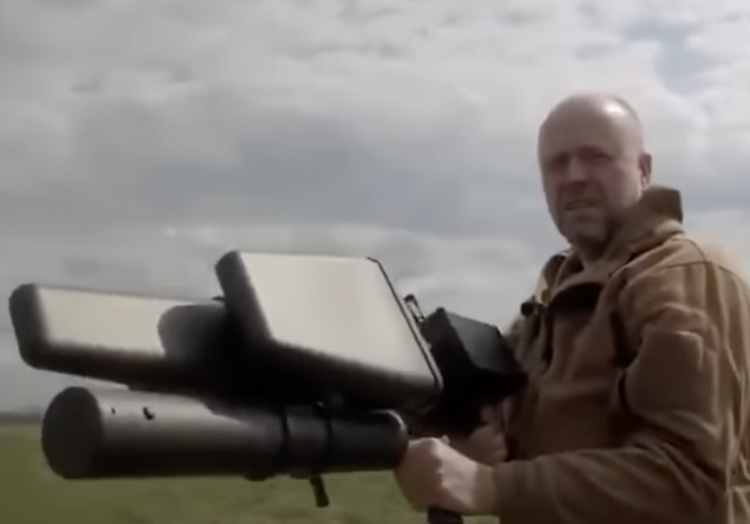
There is no explanation for what happened next with the supplies, except that "derailing of supply lines is one of the numerous ways desperately needed aid does not always make it to the soldiers who need it." Reality: When we asked, Ohman said that their convoy arrived at the frontline later than expected and that he was unaware of any cases of supplies going missing, except for one at the beginning of the war:
"We deliver everything—all things that we were supposed to do we did. Everything was delivered. Maybe later, but all of it is there," he said.
"We deliver aid almost every day. In my experience, only once we made a mistake, at the beginning of the war, when we delivered some cars to people we were not really sure [about] and then half of it disappeared. But even in this case, I'm not saying it was stolen; it could have just end up at some other unit. After that, we never made a similar mistake."
"Without citing the source of the allegation, the documentary states. Nonetheless, it quotes Ohman as explaining Ukraine's corruption: "There are oligarchs, political players, the system itself, and power struggles."
Reality: Ohman informed us that he and his organization did not see corruption as a barrier to delivering aid to Ukraine or ensuring that it reaches the frontlines.
"Honestly, the biggest problem we had as an organization wasn't Ukraine. It was actually Poland - he told us when asked about bureaucratic or corruption obstacles. - Polish regulations and rules change all the time."
"[From the Ukrainian side] it became easier to provide support to Ukraine in many ways to various units, to armed forces during the war because the situation is extreme."
Whoever could, fled the Russians. They went back to Irpin to save the rest
When we asked Ohman about border service, which is widely regarded as one of the most corrupt sectors of Ukraine's political and economic life, he also said his organization didn't encounter corruption or bureaucratic obstacles "as a rule":
"Generally speaking, no, [we didn't have such problems]. There were some document issues, but we mostly know how to do [deal with] this. As a rule, there were no problems on the Ukrainian border. There were more problems with the Poles."
At the same time, corruption has been eradicated in many spheres of life, including state procurement, education, and public services, as a result of reforms implemented in the late 1990s, particularly after 2014. Read more about Ukraine's anti-corruption success and challenges: When he mentioned corruption, Jonas Ohman was referring to the general inefficiency of the Ukrainian state, the excessive influence of oligarchs on state policy, and the fact that "many things are resolved in an unofficial way." He provided us with two examples: "I work every day helping Ukraine, Ukraine's armed forces. We have been doing it for eight years. But still, Ukraine has many influential factors, [including] oligarchs. As a state, it is still weak." "This is nothing new. [That's what I mean] when I talk about corruption in Ukraine, which was a problem and is a problem. This has improved during the war because of the seriousness of the situation," Ohman said. He stresses the importance of his organization's work by pointing out where the Ukraine failed to do its job: "We as an organization get requests for many things for which, in my understanding, Armed Forces shouldn't have to ask volunteers. I also do not fully understand why some things haven't been done during the eight years of war, and my answer is the system's inefficiency." "For example, I have been saying for years that there is no factory producing ammunition in Ukraine. Instead, Ukraine built roads when it was obvious the Russian invasion would happen." According to Ohman, western funding to Ukraine is not usually properly accounted for. It was sometimes just handed over to the frontline. While the situation has improved since April, comprehensive monitoring and accountability are still required. "Conclusion here,” Ohman said. “The fact that this interview and this [CBS] film, and some opinion words of a person like me said three months ago are taking such huge proportions tells us that there is a lack of information and Ukraine has to look into how to account for the aid that is coming." Meanwhile, the Ukrainian news site Texty.org has examined other distortions in a CBS documentary. This involves deceiving audiences with the title and including Donatella Rovera, Senior Crisis Adviser at Amnesty International, who claims she "doesn't know where military aid supplied to Ukraine goes." But she can't know this since she doesn't have access to this information. Instead, it would be far more beneficial to ask Ukrainian or US officials familiar with the subject. "The majority of the documentary material is edited in a way that supports its controversial title." Texty also wrote: How does the controversial @CBSNews piece on Ukraine’s foreign weapons supplies promote Russian disinformation? A closer look ⬇️ 1/19 pic.twitter.com/aNlCEDcjKn — TEXTY.org.ua in Eng (@Textyorgua_Eng) August 8, 2022 "Ukraine has mostly volunteer and paramilitary forces." Before the invasion, Ukraine's regular army totaled 260,000 personnel, with more than 200,000 serving as the actual fighting force on the ground. More than 100,000 troops make up the newly formed territorial defense. While most of these soldiers were poorly equipped and trained, they are still members of the regular army and report to the same central command. In addition, paramilitary structures and volunteer battalions are fighting alongside the regular army but are a minority. It should also be mentioned that during the first two months of the invasion, the chaos of the battlefield made it difficult for a foreign observer to discern between different components of Ukraine's military. Even those conscripted to the regular army frequently referred to themselves as volunteers because of their readiness and motivation to fight. TrustChain: an international network of volunteers saves lives in Ukraine In response to the question of military aid monitoring, Ukraine's Stratcom center stated how the monitoring system is currently being ensured. The Control Center based at the European Command of the US Armed Forces located in Stuttgart handles the monitoring. In addition, all partner countries' representatives have been officially invited to Ukraine to monitor the use of weapons. A convenient format of cooperation is coordinated with every partner. In August, the leading partners have appointed designated officials responsible for the control of the use of weapons, Stratcom wrote. Read our previous interview with Jonas Ohman Related: Problems that exists with the distribution of military aid and defense sector in Ukraine, according to Jonas Ohman
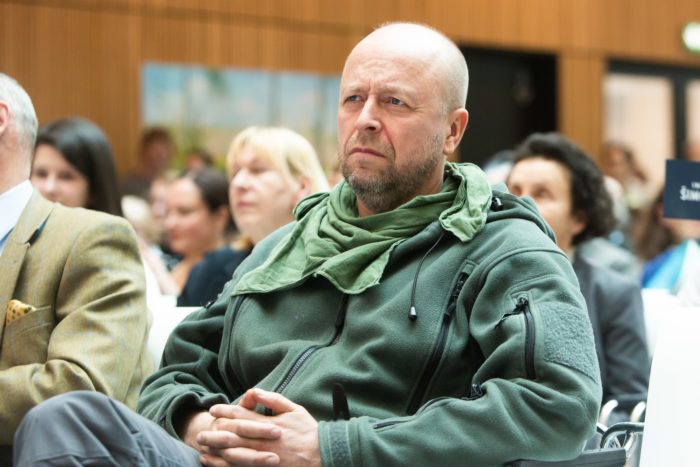
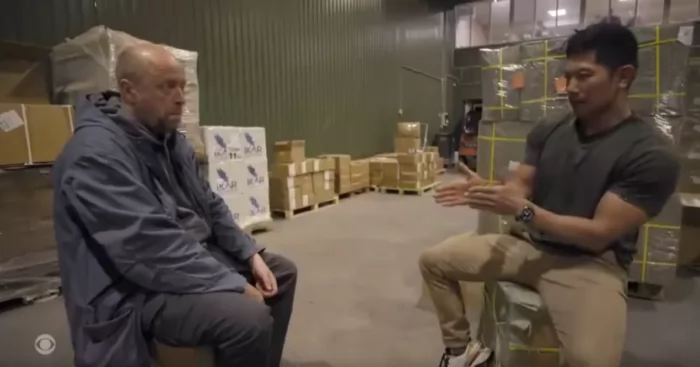
Other problems with the CBS documentary

